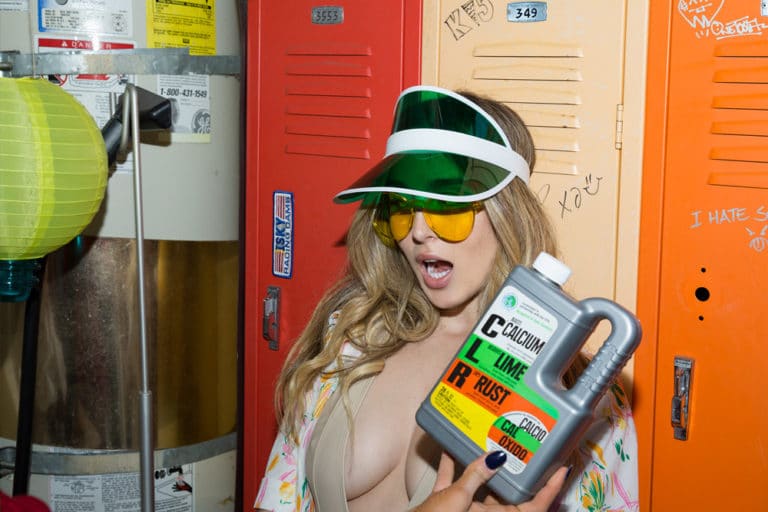How celebrities can use their influence in politics, for better or for worse

A media sensation erupted earlier this week when Vermont Democratic Senator Bernie Sanders and rapper Cardi B teamed up for a political partnership aimed at encouraging young people to get involved in politics.
The two met up at a nail salon in Detroit to shoot a video in which they discuss their mutual concerns about the country and hash out possible solutions. While the video itself has yet to air, a post by Cardi B with a picture from the shoot featured a caption stating, “Stay tuned to see how he will fight for economic, racial, and social justice for all. Together, let’s build a movement of young people to transform this country”.
In a separate post, Cardi B called on bloggers, YouTubers, and social media influencers to use their platforms in order to get their followers involved in the 2020 election campaign. “We get distracted with people putting Trump on blast, like CNN constantly putting Trump on blast for the evil shit he has been committing in this country, because he puts things on Twitter that distract us from all the bullshit that he actually be doing”, the rapper wrote on her Instagram, “So instead of us posting the little bullshit that he be posting on Twitter, why don’t we post every single day the positive things that these Democratic candidates want to do for our country?”. Referring to Sanders, Cardi B added, “This man has a big chance of winning in 2020, and we can change that”.
Sanders has repeatedly welcomed Cardi B’s endorsement, which dates back to 2018 (when the singer called on her fans to vote for ‘Daddy Bernie’). The presidential hopeful commended Cardi B for her enthusiasm regarding getting the youth engaged in the political sphere, and in an interview for CNN stated that, “The future of America depends on young people…They are voting in large numbers, but not large enough numbers”.
Cardi B’s desire to get young people interested in politics and assume an active role in shaping America’s future is certainly positive. That said, the manner in which she proposes to go comes with its own issues. There are numerous examples of how social media platforms and celebrity power have been effectively harnessed to call attention to social, political, environmental, and human rights issues. Just last month, Sudanese-American Shahd Khidir used her Instagram profile to shine a spotlight on the dreadful massacre which took place in Sudan’s capital. But to suggest that, as a general rule, pop culture figures and social media personas are naturally endowed with the ability to determine ‘what is right’ and become social leaders simply because they are popular is absurd.
There is no one ‘right’ way to go about addressing socio-political disparities and injustices. Instead of feeding their followers with a particular answer, popular figures ought to raise issues, engage their audience in a real conversation, and encourage them to think critically about what they believe would be the best course of action—based on their unique views and circumstances.
By adhering to a particular candidate and calling on your audience to throw their support behind them, you inevitably foster a herd mentality. Progress on such complex and serious issues doesn’t emanate from forcing ideas down people’s throats, but rather by acquainting them with the situation and inspiring them to find their own voice. Chance The Rapper’s 2016 march to the polls, #ParadeToThePolls, was a blueprint for how celebrities can use their influence and reach to inspire political engagement without dictating who we should all be supporting per se.
Cardi B is right in her criticism of media outlets for emboldening Trump by keeping him in the limelight, and for refusing to place more focus on positive acts committed by other politicians and community leaders. She’s also justified in her call for harnessing the youth to get involved in what’s happening in the country and end their overall apathy to social issues. But is turning celebs and brand stewards into spokespersons of one presidential candidate a positive step to follow?
Equating celebrity and popularity with moral authority is a slippery slope. We must be cautious in how we merge popular culture with politics and use it as a force to drive social change. Because when we don’t we run the risk of blurring the lines between activism and self-promotion, not to mention ending up with reality TV stars in the White House.




